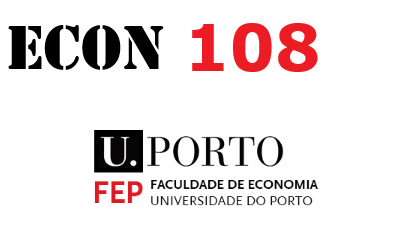Granger causality
Contents
Granger causality¶
General idea:
The cause contains information about the futute of the effect which is not in any other variable (including the past of the effect)
the cause happens before to the effect
the cause has unique information about the future of the effect
\(x\) Granger-causes \(y\) if
where \(Z^t\) is all information available at \(t\) and \(Z^t\setminus x^t\) is all information except that contributed by the past and present of \(x\) (\(\{x_t\}_{-\infty}^{t}\))
\(x\) doesn’t Granger-causes \(y\) if
no information is lost by excluding \(x\)
Note:
It is possible that both \(x\) Granger-causes \(y\) and \(y\) Granger-causes \(x\)
Theory vs. practice¶
in theory, \(Z^t\) contains the infinite past of all variables in the universe
in practive \(Z^t\) includes only a few variables, often only \(y\) and \(x\), and only a few lags
Testing for (pairwise unconditional) Granger non-causality¶
if \(\beta_j=0\) for all \(j\), \(x\) doesn’t Granger-cause \(y\).
Testing for (pairwise conditional) Granger non-causality¶
if \(\beta_j=0\) for all \(j\), \(x\) doesn’t Granger-cause \(y\), conditional on \(z\).
interpretation: given the information in the past of \(y\) and \(z\), the past of \(x\) doesn’t help forecast \(y\)
intuition for the test: we are asking whether the variance of the forecast errors is significanty smaller when lags of \(x\) are included in the predictive regression for \(y\).
Granger causality as transfer of information¶
latent variables (more general than future values of observed variables)
how informative (more general than informative/uninformative)
frequency-domain formulation (informative frequencies)
